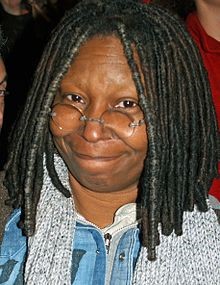Shopping Cart
Get free shipping on orders $100 or more!
Congratulations! You are eligible* for free shipment
Book successfully added to your cart
By
Qty: 1

 The stress associated with tests and exams may lead people with dyslexia to avoid further education and also some types of jobs. They are frequently very bright individuals and their frustration may be worsened by ending up in a boring and intellectually unchallenging type of job.
The stress associated with tests and exams may lead people with dyslexia to avoid further education and also some types of jobs. They are frequently very bright individuals and their frustration may be worsened by ending up in a boring and intellectually unchallenging type of job.


 Nevertheless, there are many dyslexics who have overcome their difficulties and lead successful and happy lives. Examples of famous and successful people with dyslexia include Orlando Bloom, Richard Branson, Tom Cruise, Leonardo da Vinci, Walt Disney, Albert Einstein, Whoopi Goldberg, John F Kennedy, George Washington, George W Bush, John Lennon, Jamie Oliver, Pablo Picasso and Steven Spielberg.
Nevertheless, there are many dyslexics who have overcome their difficulties and lead successful and happy lives. Examples of famous and successful people with dyslexia include Orlando Bloom, Richard Branson, Tom Cruise, Leonardo da Vinci, Walt Disney, Albert Einstein, Whoopi Goldberg, John F Kennedy, George Washington, George W Bush, John Lennon, Jamie Oliver, Pablo Picasso and Steven Spielberg.
